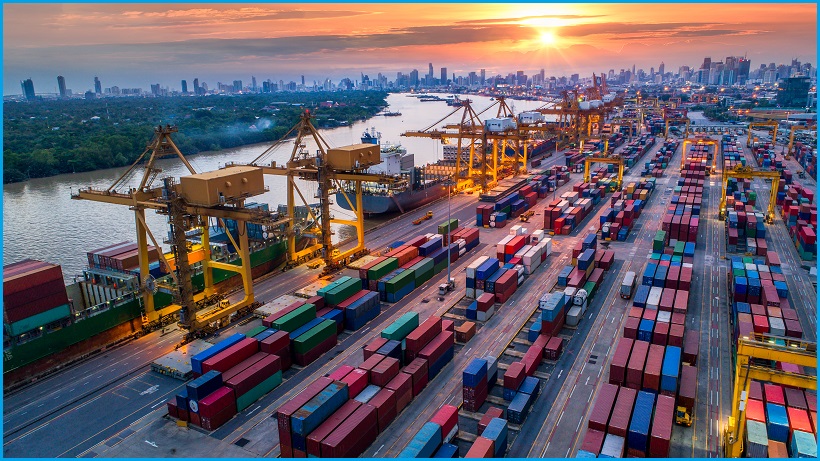The Australian Border Force (ABF) is testing a blockchain-enabled method to digitally verify trade goods between Australia and Singapore.
Its intention is to simplify trade through the use of independently developed interoperable document verification platforms: in this case, Australia’s Intergovernmental Ledger (IGL) and Singapore’s TradeTrust.
Outlined in the government’s national blockchain roadmap, the IGL aims to overwrite existing importer documentation – which it says comes in the form of physical documents “supported by signatures and wet stamps” – with “a blockchain solution” that maintains electronically verifiable trade documents.
Border Force commissioner, Michael Outram, said he was keen to see more international efforts to modernise trade processes.
“The ABF welcomes the opportunity to collaborate further with Singapore to improve cross-border trade between our countries,” he said in a statement.
“In addition to our efforts internationally, this initiative will incorporate paperless trading and secure, digital exchange of trade information as part of the future architecture and design of an Australian trade single window”.
That ‘single window’ would be a one-stop platform for businesses to submit all the documents supporting international trade in an effort to make it easier to enter overseas markets.
Its development is part of Australia’s efforts towards the World Trade Organisation’s Trade Facilitation Agreement.
Signed in 2017, the agreement requires member countries to accept e-payments and electronic documentation.
Blockchain has long been picked as a technology perfect for authenticating and facilitating trade.
Australian food retailer Drakes has already joined forces with IBM to use blockchain as a way of indelibly tracking supermarket products across the supply chain.
And blockchain has also been touted as a way of solving potential quality complaints when moving perishable goods around the world.
China has been using supposed quality issues to limit Australian exports to the country this year as part of an ongoing trade dispute that has seen large shipments of produce and commodities stuck in Chinese customs.










